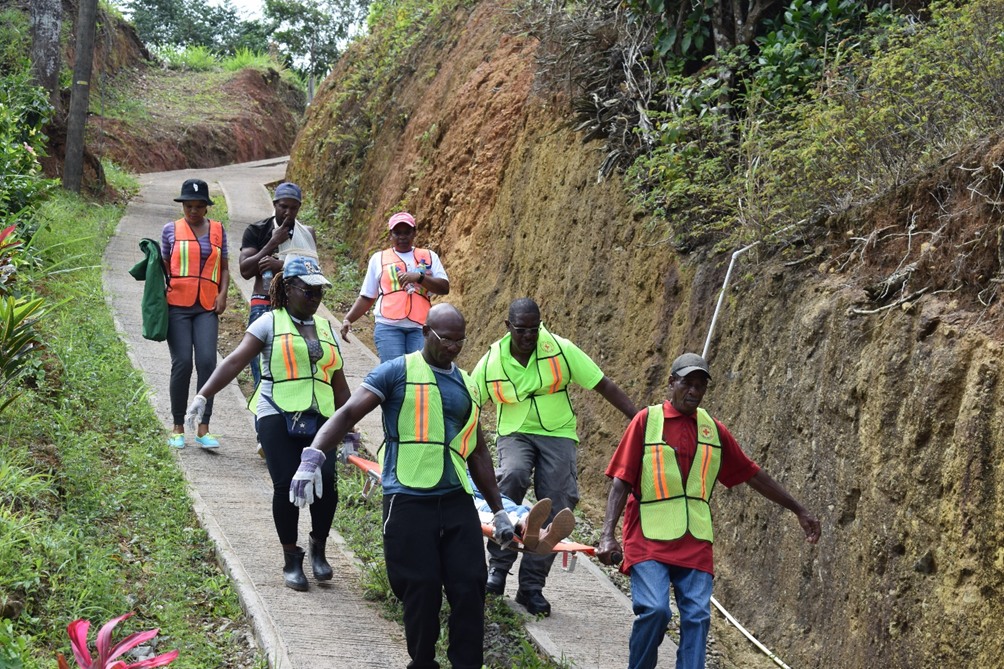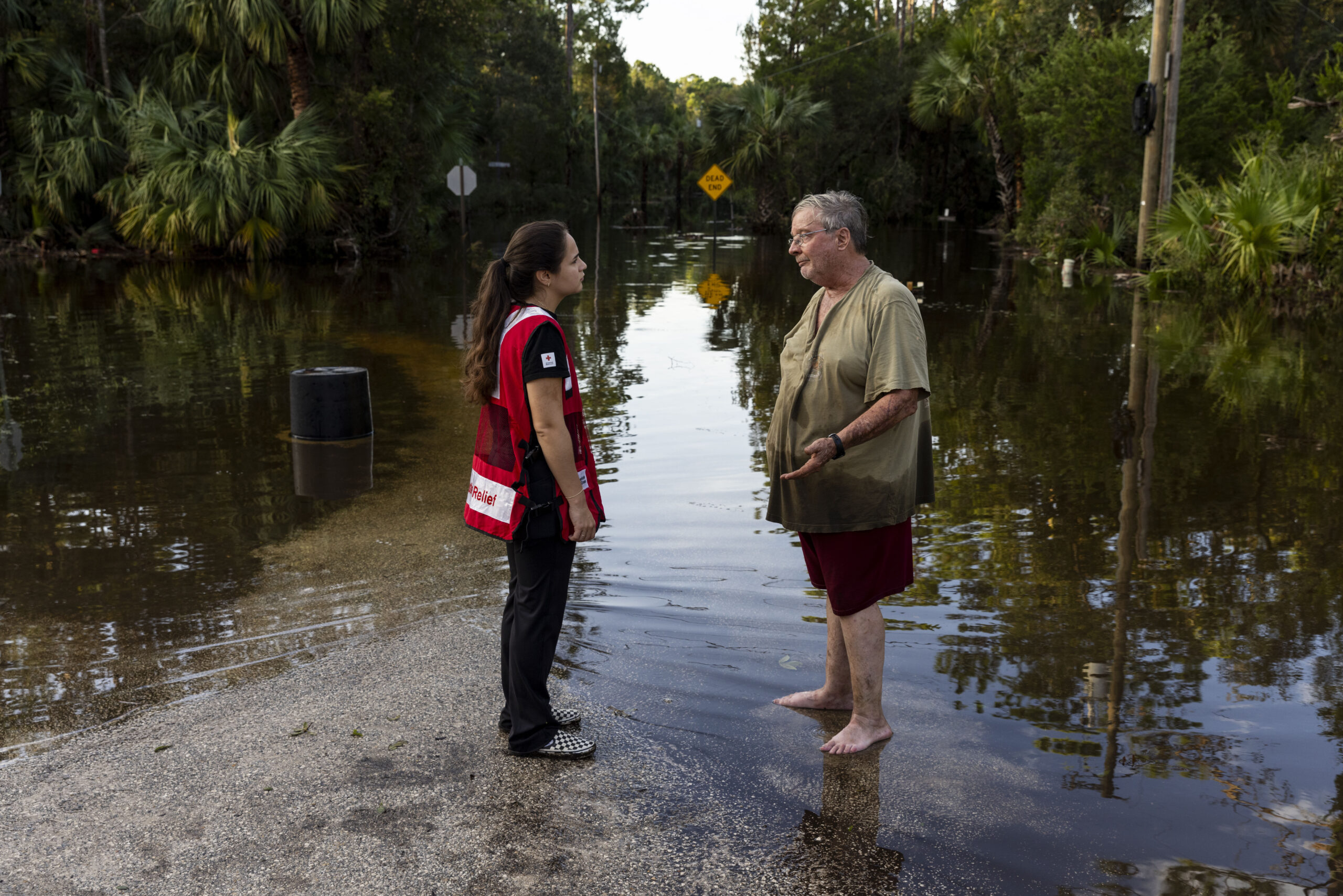Leaders and Data Driven Decision Making: Why it Matters
The importance of data in informing sound decision making for management and key stakeholders cannot be over emphasized especially in this period and time. Data is the compass on which leaders must rely on and consult for directions at every turn. Leaders have a responsibility to create sound systems that produce quality data that can be relied on to provide strategic direction. Without trust in data, social impact leaders risk taking the people they serve and their communities for granted in terms of their needs or even much worse, being taken for granted by the people they are mandated to serve.
Data as the first phase of accountability
Social impact leaders and their entities have a binding social contract with communities. One of those all-time expectations is to be accountable. Accountability starts with setting up proper, quality and customized data collection strategies, tools, mechanisms, structures and adequate personnel. Without this set up, we risk implementing programs and projects that are serving the implementers and sponsors rather than the intended beneficiaries in the respective communities. Part of accountability is setting up channels to receive feedback from beneficiaries and using that feedback to improve the social impact of development interventions.
Asking the right questions
Without data, it is difficult if not impossible for social change agents to measure the impact of their interventions with sound methodology and reliable evidence. However, to measure the impact of interventions, one has to ask the right questions so as to get the right responses. Are the questions being asked giving room for well-articulated feedback or questions are being asked just to tick the boxes? The dangers with asking questions just to tick the boxes is that leaders cannot rely on that data to inform decision making because the questions were not framed with decision making as an end goal. This often mislead development interventions, making it even harder for evaluators to link the project’s impact pathway, the value for money (VFM) and the results. Those experienced in project management, monitoring and evaluation will know that a project can be implemented for years but teams struggle or fail to obtain sound results come evaluation time. Hence the need for organizations/ companies to invest in research, monitoring, evaluation, accountability, knowledge management and learning systems and personnel.
Data, learning and growth
We can be experts in our field but with data, its an opportunity to learn even more from the communities we serve. Being experts or specialists comes from how well we utilize the lessons learnt from the data we receive. Quality data ensures growth and continuous learning for the communities, data collection and knowledge management teams, leaders making the decisions and the donors receiving the reports. Data is so much more important for organizational growth and sound decision making. Data informs disaggregation by any category of the beneficiaries and their unique and diverse needs. Data informs the relevance of the content in trainings to be conducted, it even informs where more budgets lines should be allocated to. Taking data from communities for granted is taking the people we serve and the sponsors of those projects and programs for granted and is retrogressive.
Data and ‘left behind populations’
Data can be used to track diversity, equity and inclusion for left behind populations. The importance of data in development interventions can never be overstated. It’s data that shows us how different segments of the social sphere we serve are being impacted by projects. Data is like a mirror, it’s a reflection of who we are and from it we learn our lessons if we pay close attention or learn the hard way if we ignore the nuances in the signals. This is why data must always be disaggregated, by doing this we acknowledge that not everyone in society is the same or at the same level. Disaggregating data even shows how much development actors are willing to incorporate everyone in intervention strategies. In post-modern global development discourse, there has been talk on ‘locally led’ interventions, communities at the fore front of solving their own challenges.
Locally led interventions and data nexus
The ‘locally led’ approach has been discussed for years but it’s feasibility has been very low, because of so many factors that calls for a different article but this is one of them. There are elements of inclusion or exclusion that leaders can learn when they look at data sets, milestones captured or outcomes harvested. This is where leaders must pay attention, to the details of data at their disposal. If there is insufficient investment in a robust feedback or monitoring and evaluation (M&E) system in a company or organization leaders are bound to be throwing arrows in the dark with the hope of obtaining results, which can be by chance and leaders know that relying by chance is not an all-time proven winning strategy. Data is the backbone of quality and well-informed decision making for leaders. Just like the importance of evidence to prove a case in the court of law, leaders also need this evidence to inform their decision making and strategic direction based on particular contexts and circumstances.
A self-introspection exercise for Social Change Leaders and data
How often do you consult data from the evaluation and learning team/ reports before making a decision? Do you consider recommendations in each of the reports that you receive? Do you remember a time when you took the recommendations from reports/ the data team onboard? Did you set up a meeting or a call to discuss those recommendations? You have been receiving data from communities, how many feedback meetings did you conduct with your program beneficiaries? Are the tools and language you use for data collection community friendly? How familiar are you with the Management Response Plan (MRP)?
When it comes to data, often times there are small things that can be easily taken for granted in the present but have a gradual negative reflection in the results we seek to achieve in future. In this ‘decade of action’ where sustainability is vital, recommendations in this article can be a turning point.
Brighton Musevenzo is an Atlas fellow working with the American Red Cross DMERL team



